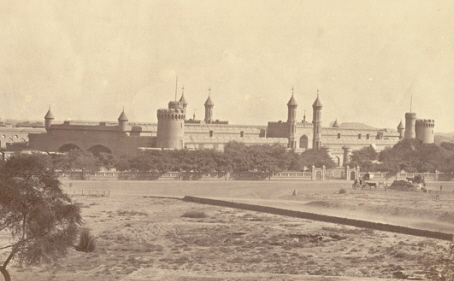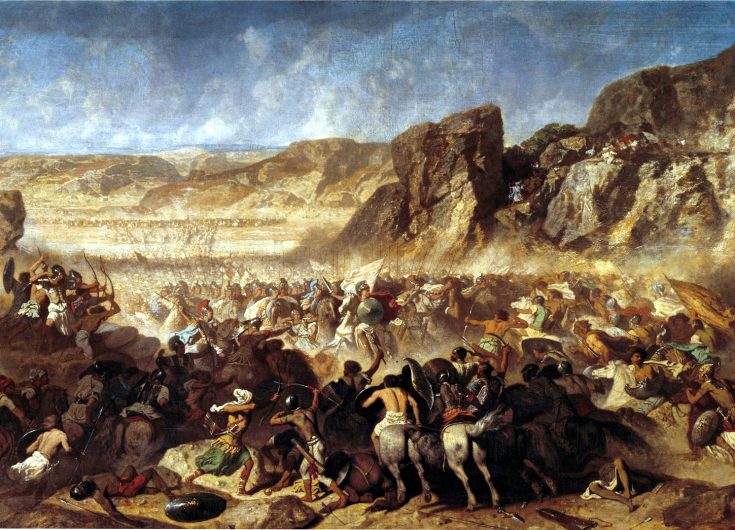More on Niebuhr: Should Strategy Be Un-Grand?
Clausen and Nurnus believe that Niebuhr’s writing can be read as a cautionary tale about the perils of Grand Strategy – at least when it reaches the extremes of idealism or hubris. Democracy keeps us away from the hubris of grand forms of strategy that can lead to calamities on grand scales. Thus, what lies at the heart of Niebuhr’s philosophy can make up the core of a new un-Grand Strategy tradition. This core would be based on pragmatism, empirical skepticism, and emotional maturity.





